Results
-
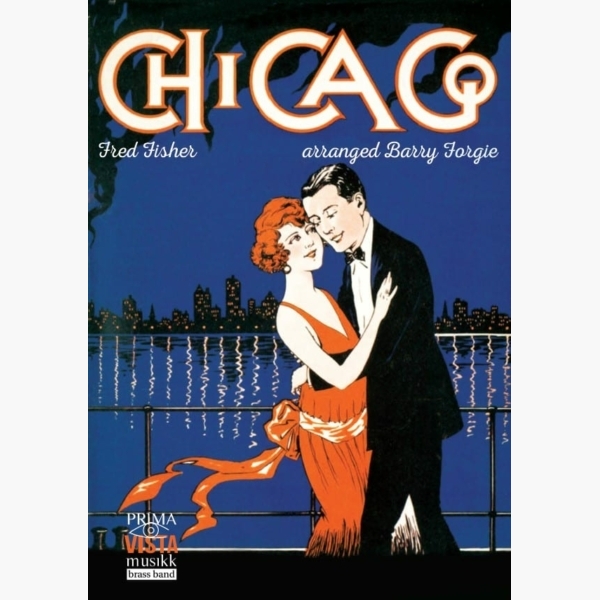 £34.95
£34.95Chicago - Fred Fisher - Barrie Forgie
Composer Fred Fisher began his song-writing career in Chicago and Chicago (That Toddlin' Town) is his tongue-in-cheek tribute to America's 'windy city'. The song met with instant success, and has been performed by several notable singers, including Frank Sinatra. This...
Estimated dispatch 5-7 working days
-
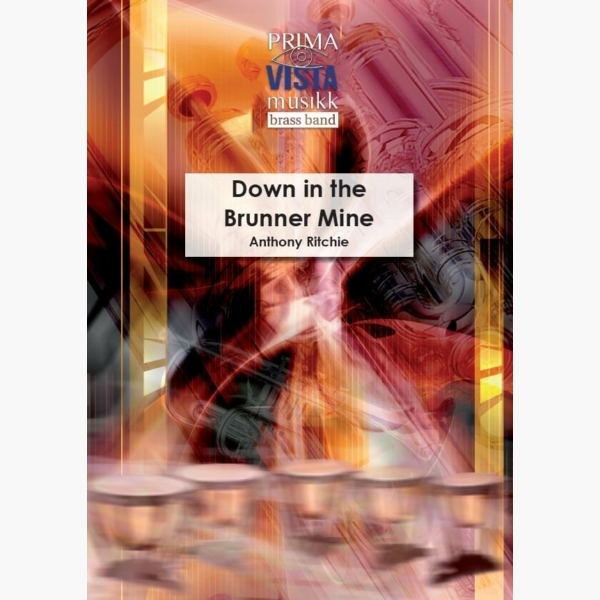 £34.95
£34.95Down In The Brunner Mine - Anthony Ritchie
Down in the Brunner Mine was commissioned by The Onslow Brass Band in Wellington, New Zealand, and first performed and broadcast in 1996. It is a short set of variations based on a New Zealand folk song called Down in...
Estimated dispatch 5-7 working days
-
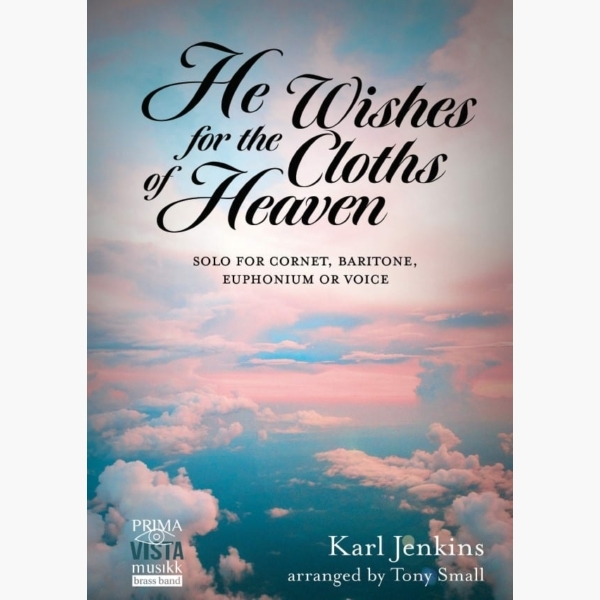 £29.95
£29.95He Wishes for the Cloths of Heaven - Karl Jenkins - Tony Small
Karl Jenkins composed this beautiful song for well-known singer Lesley Garrett (Soprano) using the famous poem by Irish poet W B Yeats, He Wishes for the Cloths of Heaven. This was subsequently arranged for Penclawdd Brass Band by its Music...
Estimated dispatch 5-7 working days
-
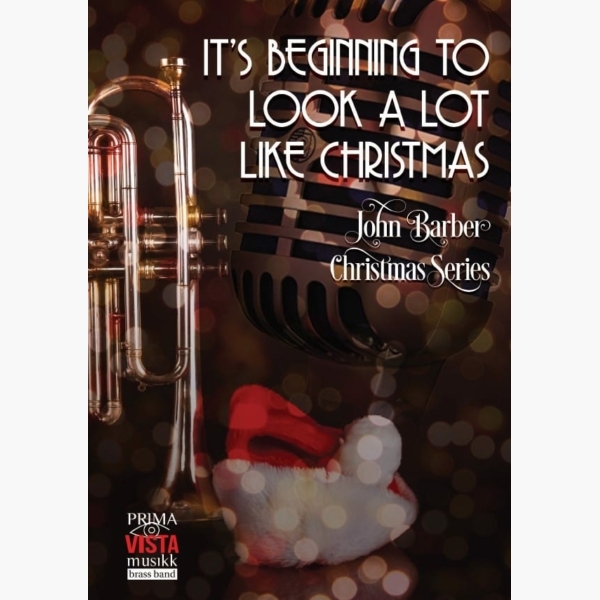 £29.95
£29.95It's Beginning to Look a Lot Like Christmas - Meredith Willson - John Barber
It's Beginning to Look a Lot Like Christmas was originally a hit for Perry Como and the Fontane Sisters with Mitchell Ayres and his Orchestra in 1951. Composed by Meredith Willson, the popular belief was that Willson wrote the song...
Estimated dispatch 5-7 working days
-
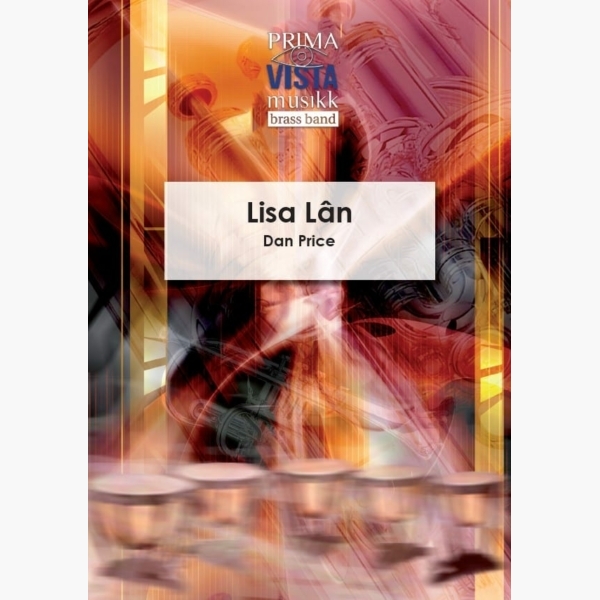 £24.95
£24.95Lisa Lan - Welsh Traditional - Dan Price
Lisa Lan or Fair Lisa is a traditional Welsh folk song. It is a lover's lament about his lost dead love, Lisa. Lisa Lan is a hauntingly beautiful melody and has been covered by several popular artists, including Cerys Matthews...
Estimated dispatch 5-7 working days
-
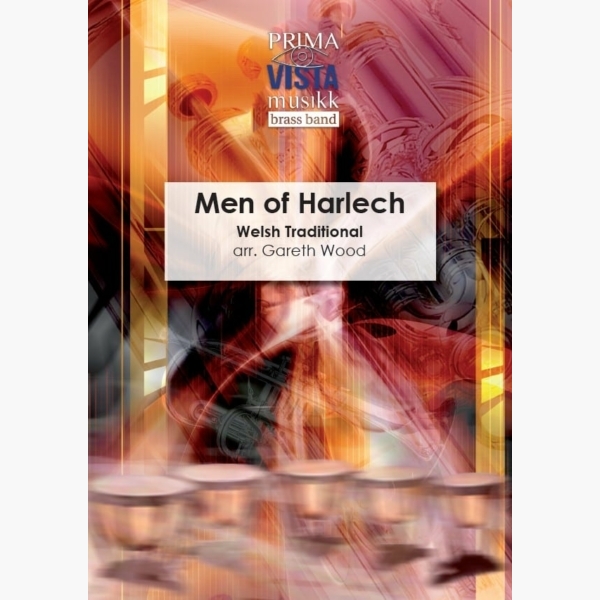 £24.95
£24.95Men of Harlech - Welsh Traditional - Gareth Wood
Men of Harlech is a song and military march which describes events during the seven-year-long siege of Harlech Castle between 1461 and 1468. Commanded by Constable Dafydd ap Ieuan, the garrison held out in what is the longest-known siege in...
Estimated dispatch 5-7 working days
-
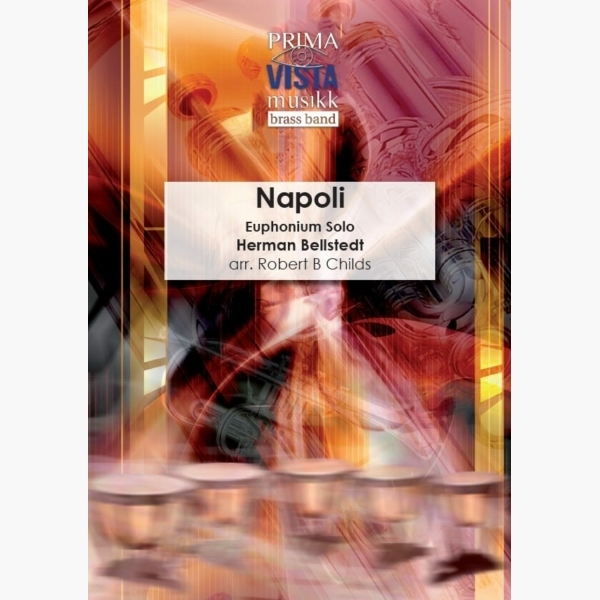 £24.95
£24.95Napoli - Hermann Bellstedt - Robert Childs
Napoli (Funiculi, Funicula) was originally a song composed to commemorate the opening of the first funicular railway on Mount Vesuvius near Naples. Cornet virtuoso Herman Bellstedt wrote his now-famous variations on the tune as a showcase for his talents. Bellstedt's...
Estimated dispatch 5-7 working days
-
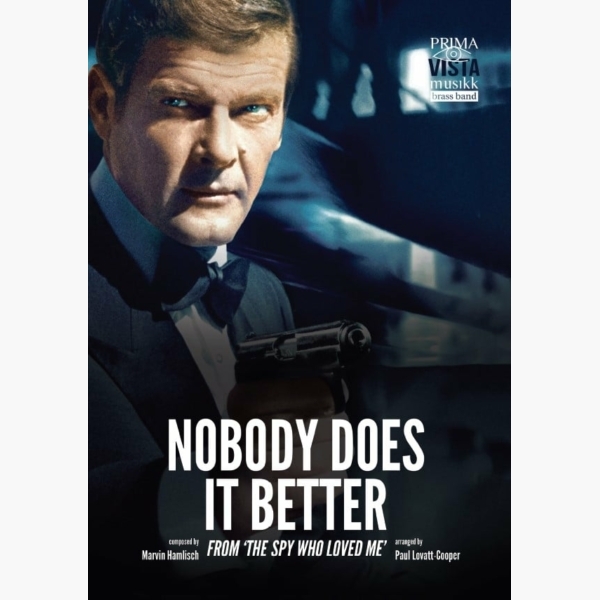 £29.95
£29.95Nobody Does it Better - Marvin Hamlisch - Paul Lovatt-Cooper
Carly Simon first took this song into the charts in 1977, following the release of Ian Fleming's 10thJames Bond blockbuster,The Spy Who Loved Me. Back then, Sir Roger Moore played '007', with a characterisation that was full of debonair charm...
Estimated dispatch 5-7 working days
-
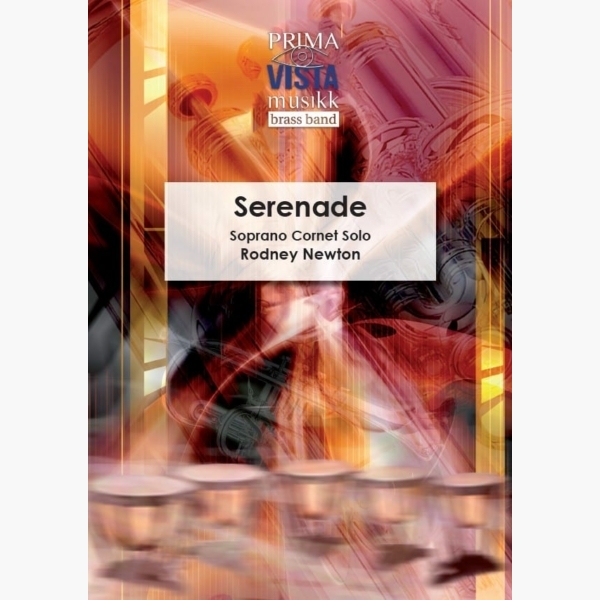 £24.95
£24.95Serenade - Rodney Newton
Underscored with rich harmonies, Serenade is a beautifully lyrical solo for soprano cornet. The composer writes, 'this is a simple song in which the soloist should float effortlessly above the band'.
Estimated dispatch 5-7 working days
-
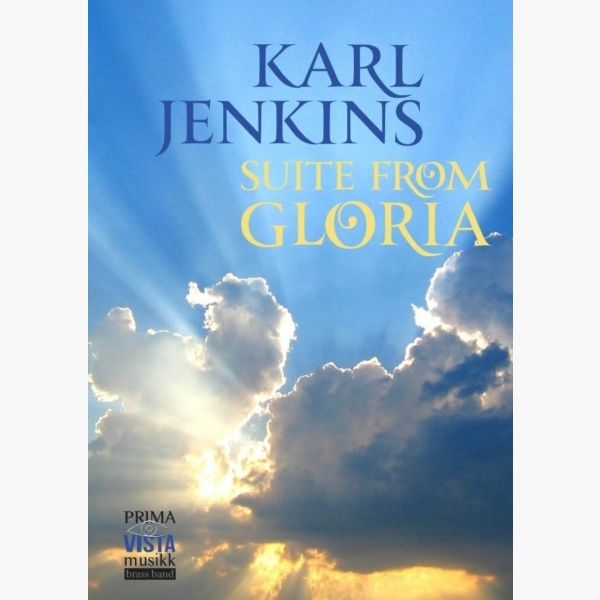 £64.95
£64.95Suite from Gloria - Karl Jenkins - Arranged & Edited Childs & Wainwright
The Latin text of the Gloria is an ancient hymn of praise from the Christian tradition derived from the song of the angels who announce the birth of Jesus, as recorded in the Gospel according to St Luke. The Gloria...
Estimated dispatch 5-7 working days
